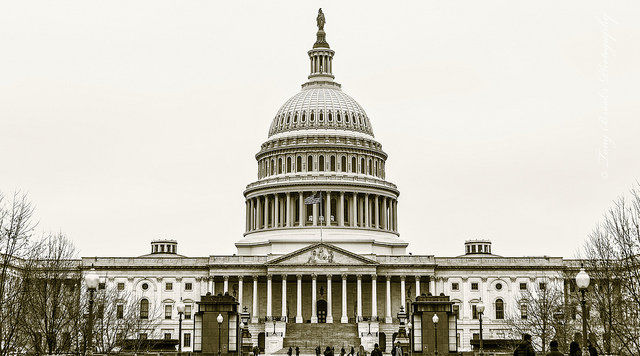
After five years of Obamacare, it is clear the law is doing far more harm than good. Of most concern, the law has hiked taxes for Americans families and businesses at least 21 times, including seven that directly hit the middle class. Since the law was passed, billions have been wasted on the construction of barely working healthcare exchanges, premiums and administrative costs have skyrocketed, and confusing regulations have made tax compliance a nightmare.
Fortunately, the Republican controlled Congress is poised to dismantle some of the most damaging provisions of this law, while conducting rigorous oversight over wasted taxpayer dollars.
Earlier today, the House Ways and Means Committee released legislation that would repeal major components of Obamacare through a process known as reconciliation. Specifically, this legislation repeals the employer and individual mandates, the Cadillac tax, and the unnecessary Independent Payment Advisory Board.
Most Obamacare regulations and taxes, like the Cadillac tax have harmed access to affordable healthcare. Even though this tax will not come into effect until 2018, insurers have already begun cutting health benefits in preparation for this onerous law. Some fear that if implemented, the Cadillac tax will cause flexible spending accounts to vanish.
Not only will these reforms be good for taxpayers, they will also be good for the economy. A recent analysis by the Congressional Budget Office and the Joint Committee on Taxation finds that repealing the individual mandate would decrease spending by $311 billion over ten years and reduce the federal deficit by $305 billion over the same window.
The Ways and Means Committee, led by Chairman Paul Ryan (R-Wis.) should be congratulated for taking up this package of reforms.
Others in Congress are taking steps to get to the bottom of the billions that have been wasted during Obamacare’s implementation. Tomorrow, Energy and Commerce Oversight Subcommittee Chairman Tim Murphy (R-Pa.) will hold a hearing examining Obamacare’s state exchanges.
In order to construct these exchanges, the Centers for Medicare and Medicaid Services awarded over $5.5 billion in grants to states, while conducting non-existent levels of oversight. Since then, several state exchanges, including Oregon’s $305 million exchange, have failed. Others remain on the brink of failure, despite millions in federal funds.
An investigation into this waste is long overdue, and Chairman Murphy should be congratulated for taking the lead on getting to the bottom of this egregious waste of taxpayer dollars.

